As the Israel-Hamas war continues to escalate, many students at The New School have found solace in student organizing.
The Jewish organizations on campus, Hillel and Jewish Culture Club (JCC), have increased outreach in the past few weeks to offer support to students. However, the two groups’ differing ideologies highlight growing divides among Jewish students at The New School.
The New School’s former chapter of Students Supporting Israel (SSI) was assembled following the attack launched by Hamas into Israel on Oct. 7, but in early November, the chapter closed to merge with Hillel.
“We all have very different missions.”
One of the main differences between the groups is their political affiliation and larger ideological policies from parent organizations.
A complication in this discourse is the varying definitions of key terms such as Zionism. The Merriam-Webster dictionary defines the term as “an international movement originally for the establishment of a Jewish national or religious community in Palestine and later for the support of modern Israel.”
The national organizations of Hillel and Students Supporting Israel both identify as Zionist based on the definition in The Declaration of the Establishment of the State of Israel: “the natural right of the Jewish people to be masters of their own fate, like all other nations, in their own sovereign State.”
This Declaration recognizes the land as the birthplace of the Jewish people and “proclaimed the right of the Jewish people to national rebirth in its own country.”
Louisa Solomon, the new Jewish Culture Club affiliated rabbi-for-students, follows the Jewish Voice for Peace’s stance on Zionism; “Zionism was false and failed answer to the desperately real question many of our ancestors faced of how to protect Jewish lives from murderous antisemitism in Europe.”
“Organizations like the ZOA [Zionist Organization of America] take the position that anti-Zionism is fundamentally an expression of antisemitism. Whereas many Jewish groups take the position that anti-Zionism was a Jewish philosophy that coexisted with Zionism and its early expressions and has existed the whole time,” Solomon said.
JCC as a group, however, exists only at TNS and is not held to any external guidelines or definitions, unlike Hillel or SSI. “We all have very different missions and what makes the Jewish Culture Club really unique is that we don’t have a specific policy towards Israel,” JCC President Ramona Saft said.
“There have been independent Jewish student efforts at The New School for at least the last 20 years. I think we have a unique role and responsibility in the community as we have been a part of it for a very long time,” Saft added.
JCC says it claims not to follow any political ideology and aims to provide an atmosphere for Jewish students to exist without fear of rejection. “We are aiming to uphold the Jewish tradition of questioning and being brave enough to do so with your peers,” JCC member and former Hillel chapter President at TNS Mahayla Meyer said.
“We can heal together.”
SSI was founded by a second-year Parsons/Lang student (to whom The New School Free Press has granted anonymity due to their concerns about retaliation) because they felt the need for a Zionist community. “The pro-Israel community needed that support … [to] know that they’re not alone,” they said. “We can come together and we can heal together.”
On the disbandment of SSI, the student noted that working through Hillel’s already established community is more efficient than creating a new one.
They have found that “being pro-Israel at The New School is a very lonely position to be in … sitting alone listening to everybody say all these things about your country, about your home, and being scared to defend yourself or having to apologize for defending yourself.”
SSI is a national “independent, nonpartisan, grassroots campus movement” that “support[s] students in grassroots pro-Israel advocacy” according to their website.
While many chapters focus on political activism, the founder of SSI at TNS said they were centered more on creating “that safe space to be able to cry about your loved ones in Israel and to be able to express your fears and everything that’s going on.”
Before the chapter closed, SSI collaborated on an event with Hillel aimed at strategic planning and community care. While not directly affiliated, many chapters of Hillel and SSI work together across the country. Kayla Hakimian, an engagement associate at Hillel at TNS, said the group “would love to do as much Israel advocacy as possible so our relationship with SSI is great.”
Shortly after SSI’s inception, the founder direct messaged JCC on Instagram inviting them to collaborate on an event with SSI and Hillel. “This isn’t supposed to be anything political, but more of a vehicle to express the heartache that the Jewish community has been feeling and generate hope for peace,” the message read.
JCC did not respond to the message.
Members of each group on the TNS campus have different ideas about what the nature of collaboration would look like and if it could happen at all.
“It’s just such a core value that’s so different.”
When asked about collaborative spaces and open conversations between the different groups on campus Meyer believes challenges could arise.
Meyer left Hillel due to her questioning of Zionism. “I couldn’t stand in support of a Jewish community that wasn’t supporting all Jewish students on campus … who wasn’t supporting a value that’s so important to me, which is being able to question and critically think especially at a scholarly institution,” Meyer said.
Michael Valdes, a graduate student in the Contemporary Theatre and Performance MFA program and member of Hillel, found that most Jewish people in his circle identify as Zionists and felt that JCC’s political neutrality is limiting in its own way. “How can you be a Jewish Culture Club without inviting most of your tribe, most of your community?”
“As an individual who has been involved both in Hillel, who knows people in SSI, and who unofficially organizes for JCC I’m never opposed to organizing with other groups … However, because we [JCC] stand so strongly in our welcoming without fear of rejection stance, it may make it more difficult to overcome differences when making a collaborative event,” Meyer said.
Hillel treasurer Abby Sultanik, a third-year Strategic Design and Management student at Parsons School of Design, agreed that collaboration poses difficulties because of groups’ differing stances on Zionism: “It’s just such a core value that’s so different.”
Meyer said, “I need spaces that support questioning and support a difference between a religion and a nation-state … I have been scared to speak about Zionism, for fear of rejection from my community that I have grown up in and dedicated my life to and that I love.”
Hakimian said that at Hillel, “We don’t want to make anyone feel uncomfortable, but we aren’t scared of what we believe in.”
“As a student rabbi … I also support the entire student body.”
Solomon joined the community this semester as a resource for all New School students and faculty. “As a student rabbi, I do support the JCC. But I also support the entire student body, and I would welcome anyone to come knock on my Zoom door for a conversation,” Solomon said.
After the escalations on Oct. 7, Solomon reached out to TNS chapters of Hillel and Students for Justice in Palestine (SJP) to offer her support for students affected outside of JCC. She has become a community resource for SJP but has not heard back from or furthered communication with Hillel.
Since Zooming into an SJP meeting on Oct. 13 and introducing herself to the group, that line of communication has stayed open. “I’ve met with students who are involved in SJP, for various reasons, for one one-on-one conversation or to discuss event planning,” Solomon said.
She currently serves on the rabbinical council for Jewish Voice for Peace and has been protesting with the organization for Palestinian liberation. “Decoupling Judaism and Zionism is an important part of fighting antisemitism,” Solomon said.
However, Hillel sees Zionism as a core tenet of their Judaism. An anonymous member of Hillel said the group believes that “anti-Zionism falls under antisemitism.”
The student chapter of Hillel at The New School has yet to engage with Solomon. Several Hillel members said they did not know TNS has a student rabbi while others choose not to connect with her because of her public stance on Zionism.
Hillel is also part of a larger organization and has access to staff and communities on other campuses. “We really just try to take advantage of the resources that we have in the city,” said Sultanik.
“There are an infinite amount of sides to every story.”
“At The New School … we believe in human rights and we believe that none of this is satisfactory on any side,” said an anonymous member of Hillel and SSI.
The source added, “It’s opening up a book, it’s looking at both sides, it’s trying to realize that there are an infinite amount of sides to every story … being sensitive of other people’s stories and substories and universes and families because they are hurting.”
All groups emphasize that their doors are always open to anyone seeking community and solace.
“I am very optimistic that at The New School, we have the opportunity to put a finer point on some of the questions that have been raised and use our critical thinking … to facilitate better conversation between parties, and I would hope that we could move toward making fewer assumptions about one another and having more meaningful critical engagement,” Solomon said.

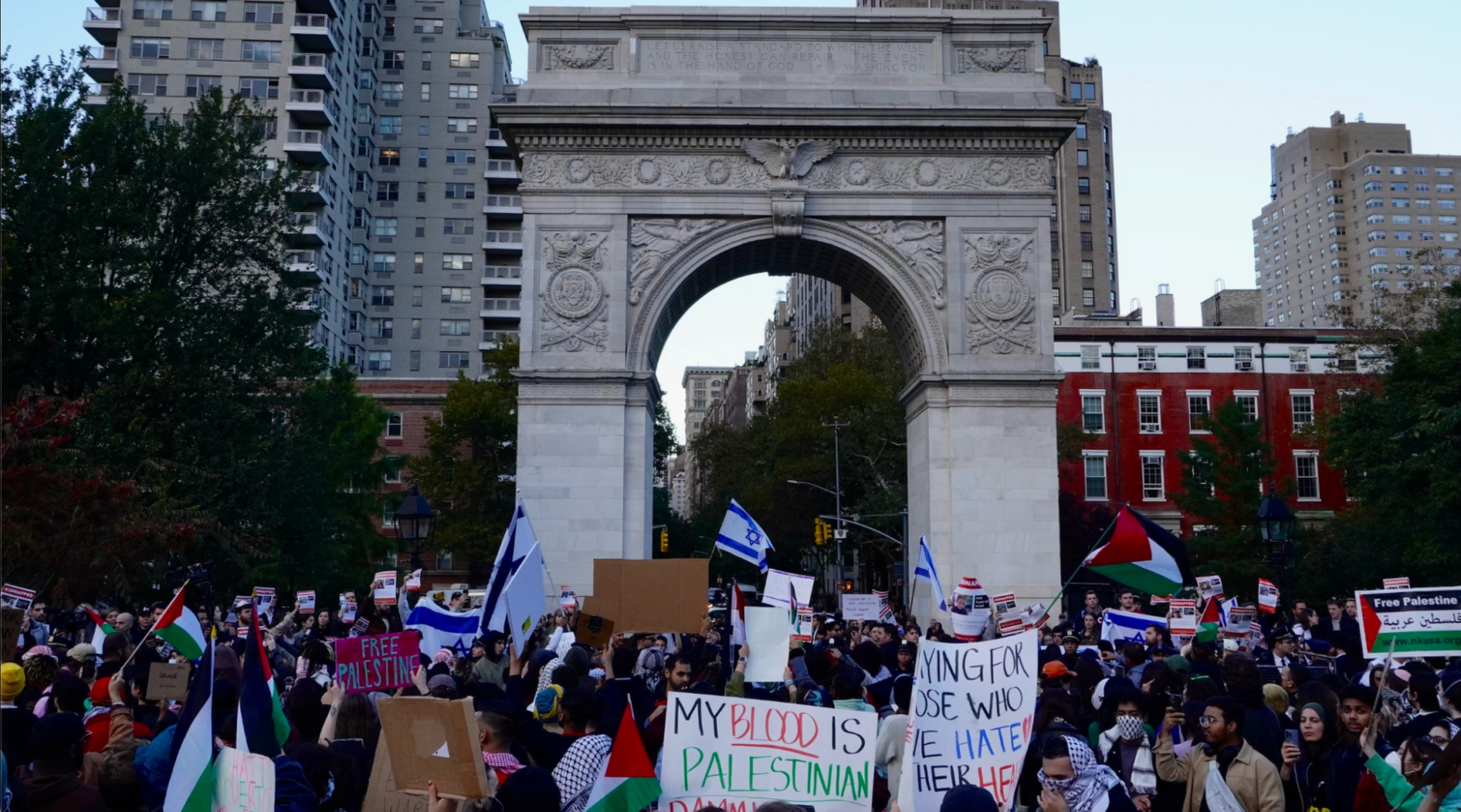
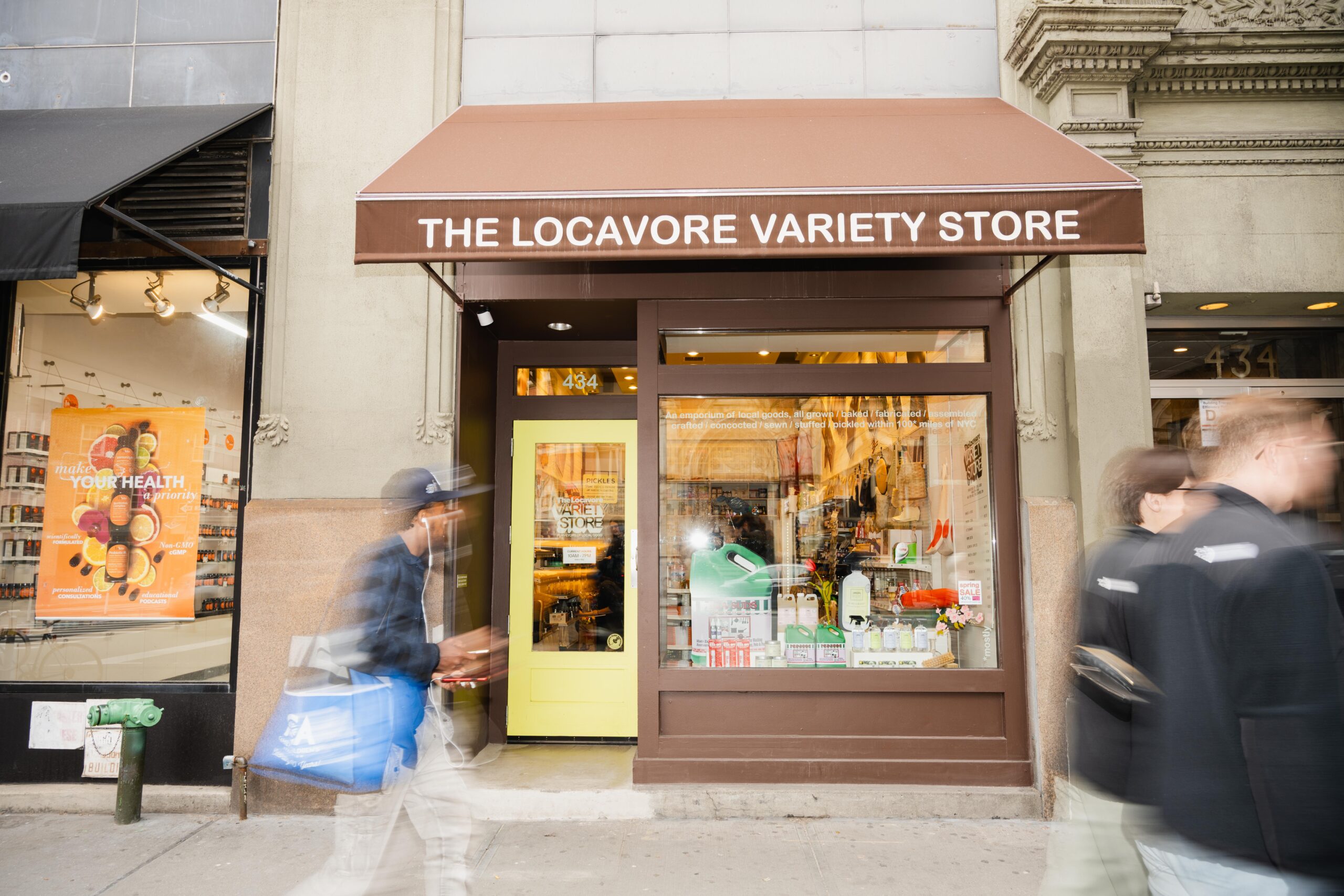
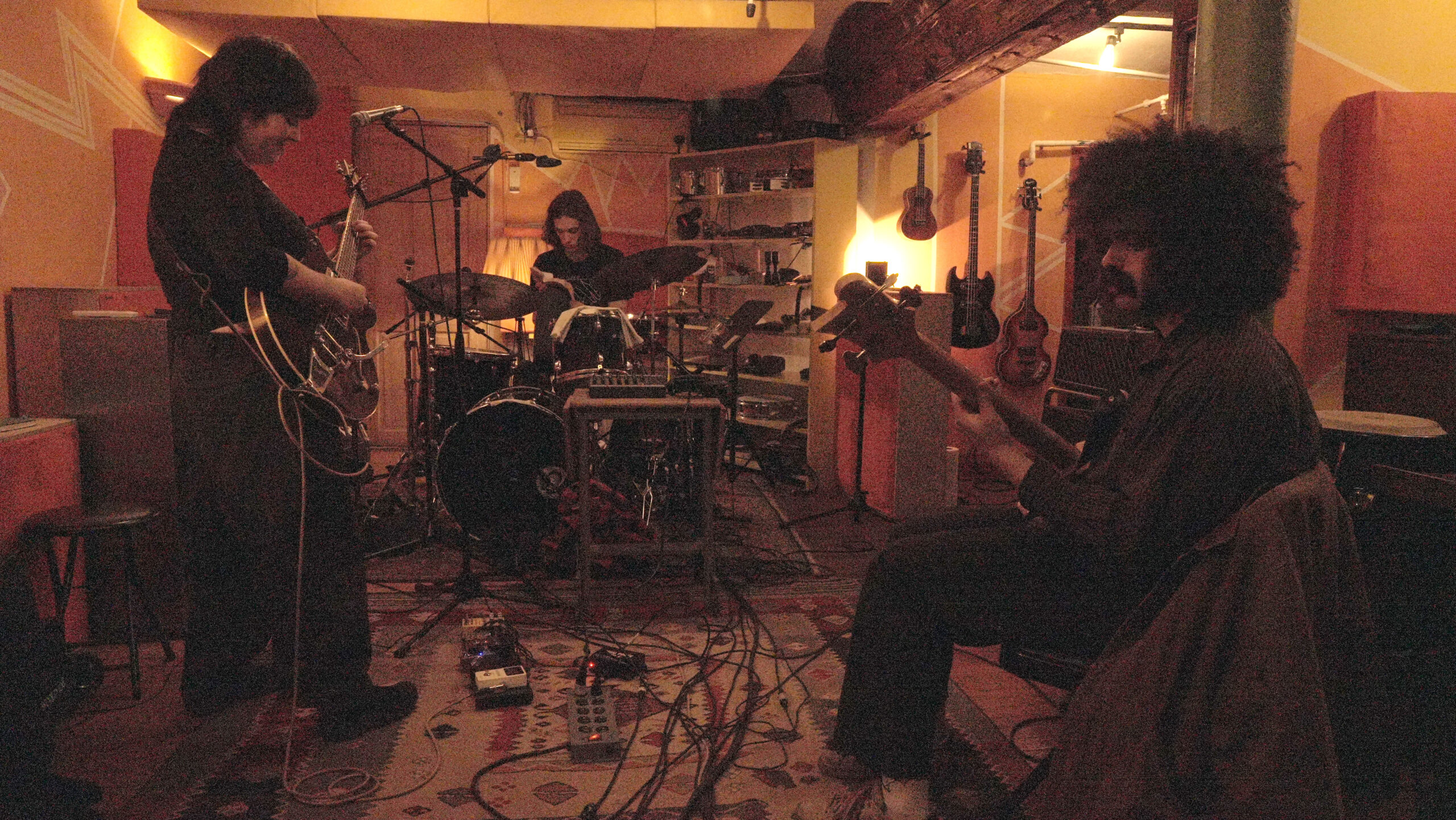
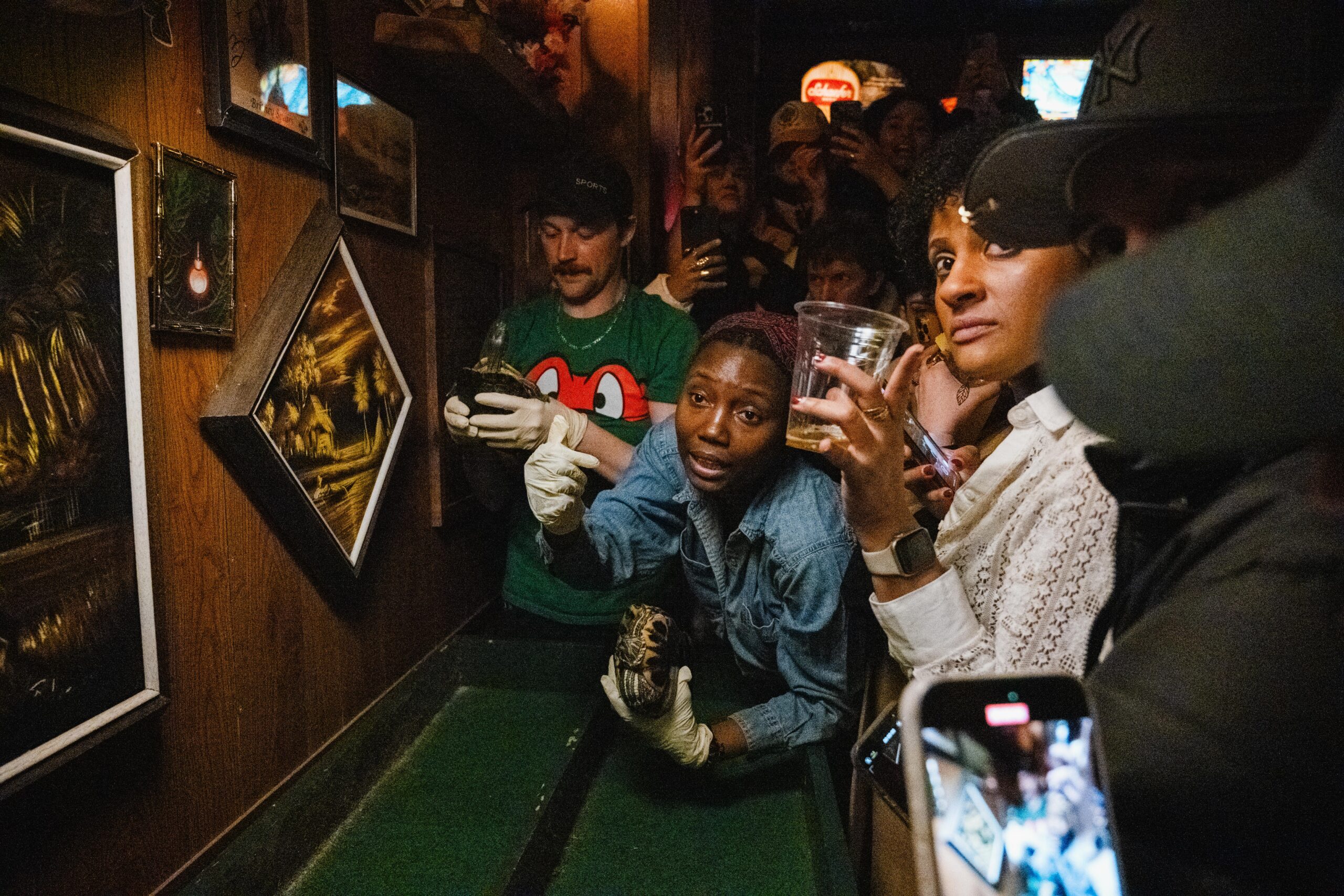
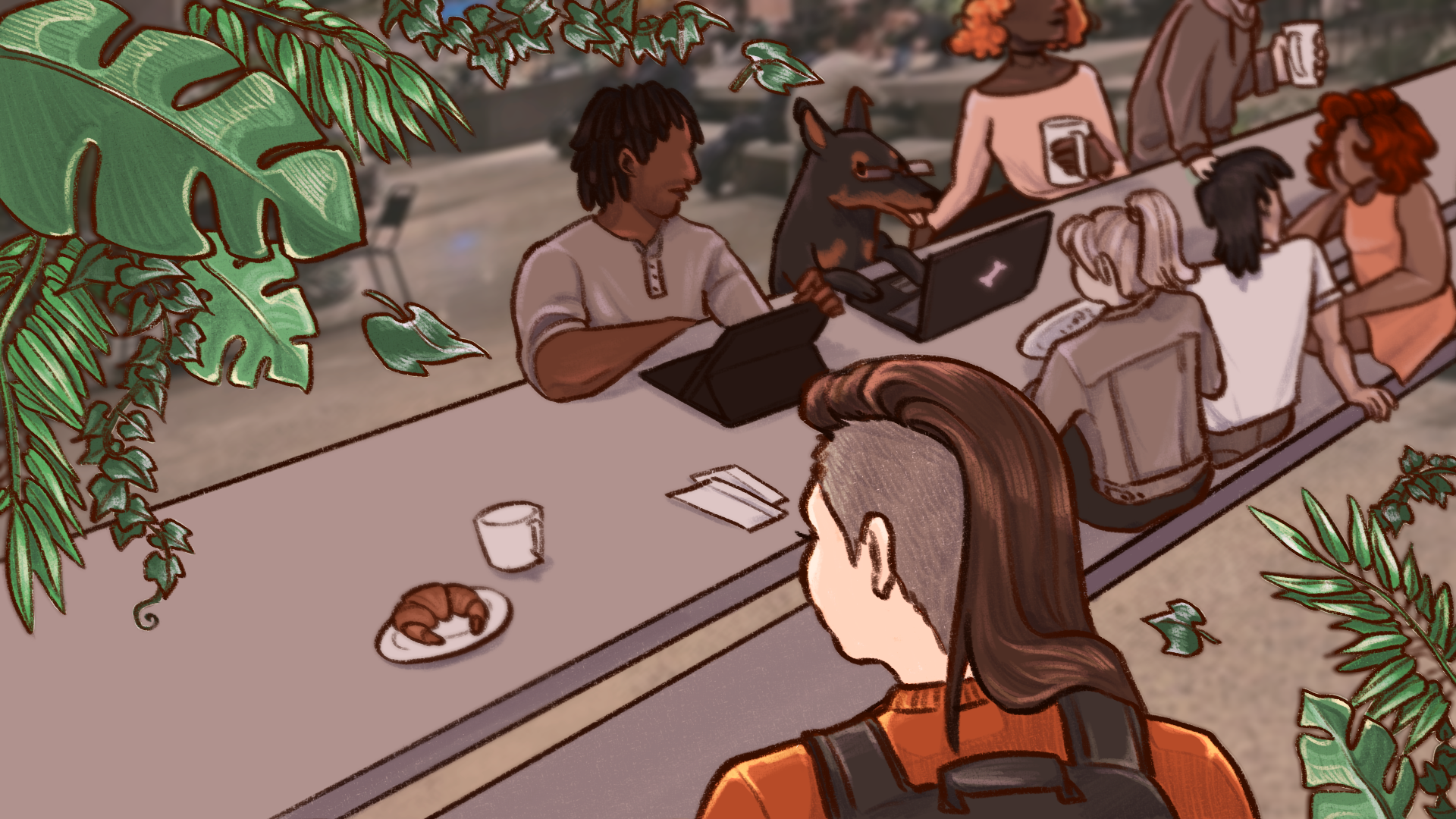


Leave a Reply